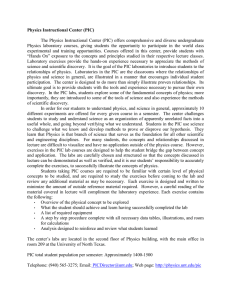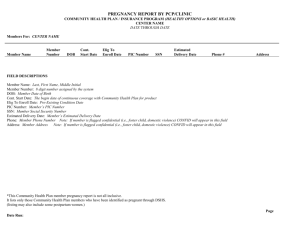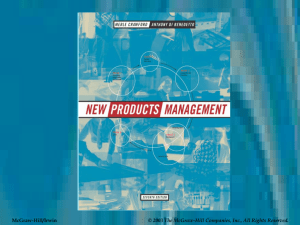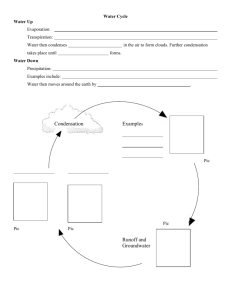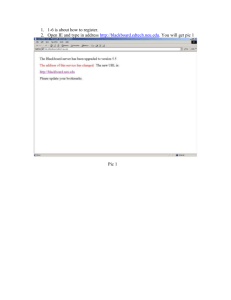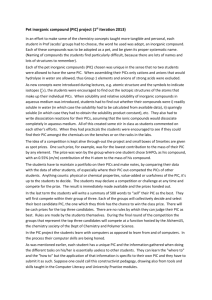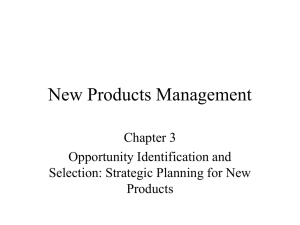Validation of the VIIRS Particulate Inorganic Carbon Algorithm
advertisement
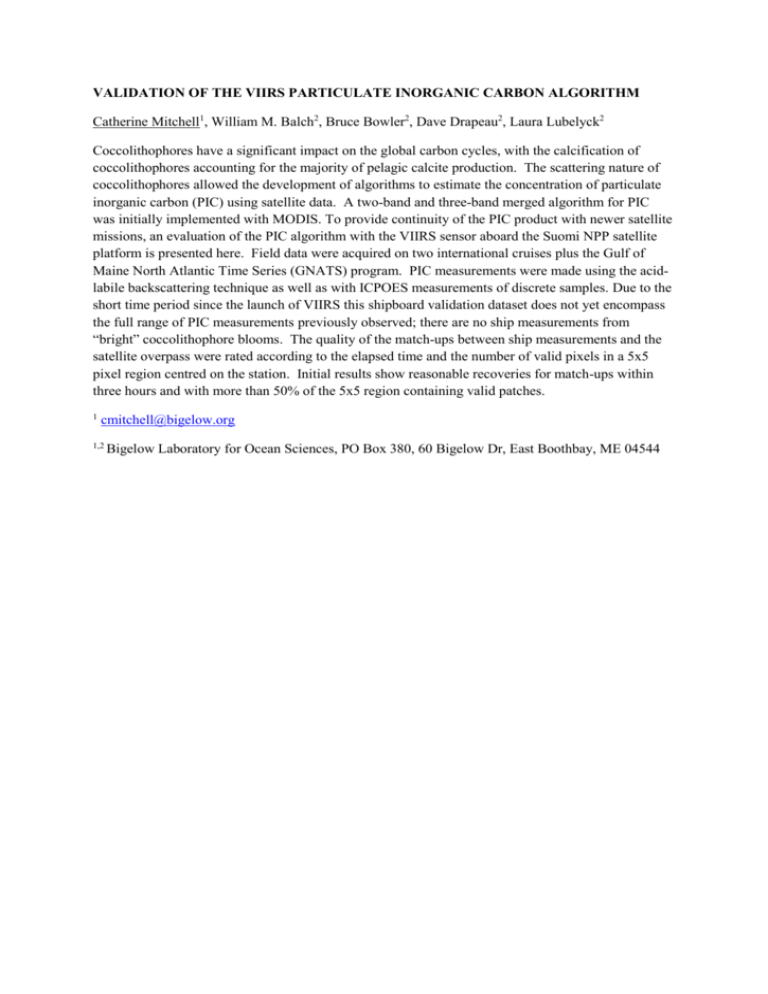
VALIDATION OF THE VIIRS PARTICULATE INORGANIC CARBON ALGORITHM Catherine Mitchell1, William M. Balch2, Bruce Bowler2, Dave Drapeau2, Laura Lubelyck2 Coccolithophores have a significant impact on the global carbon cycles, with the calcification of coccolithophores accounting for the majority of pelagic calcite production. The scattering nature of coccolithophores allowed the development of algorithms to estimate the concentration of particulate inorganic carbon (PIC) using satellite data. A two-band and three-band merged algorithm for PIC was initially implemented with MODIS. To provide continuity of the PIC product with newer satellite missions, an evaluation of the PIC algorithm with the VIIRS sensor aboard the Suomi NPP satellite platform is presented here. Field data were acquired on two international cruises plus the Gulf of Maine North Atlantic Time Series (GNATS) program. PIC measurements were made using the acidlabile backscattering technique as well as with ICPOES measurements of discrete samples. Due to the short time period since the launch of VIIRS this shipboard validation dataset does not yet encompass the full range of PIC measurements previously observed; there are no ship measurements from “bright” coccolithophore blooms. The quality of the match-ups between ship measurements and the satellite overpass were rated according to the elapsed time and the number of valid pixels in a 5x5 pixel region centred on the station. Initial results show reasonable recoveries for match-ups within three hours and with more than 50% of the 5x5 region containing valid patches. 1 cmitchell@bigelow.org 1,2 Bigelow Laboratory for Ocean Sciences, PO Box 380, 60 Bigelow Dr, East Boothbay, ME 04544



